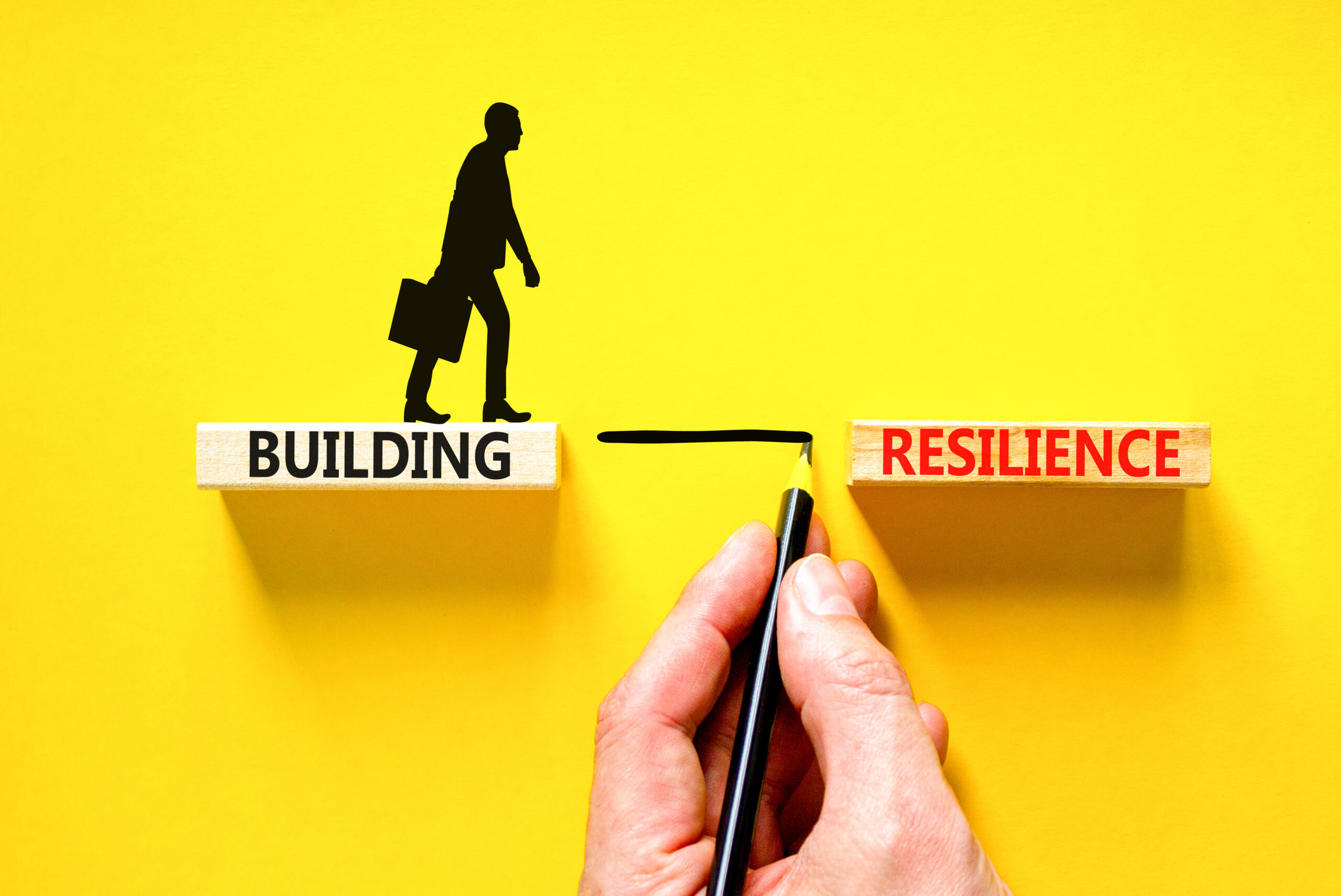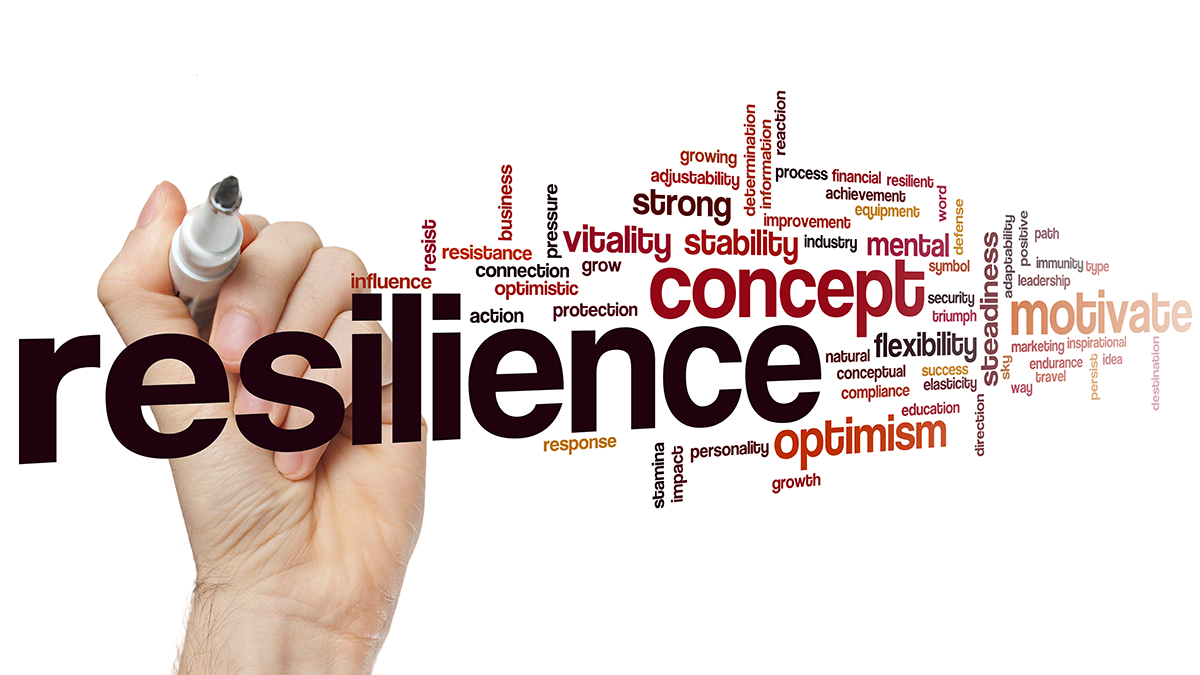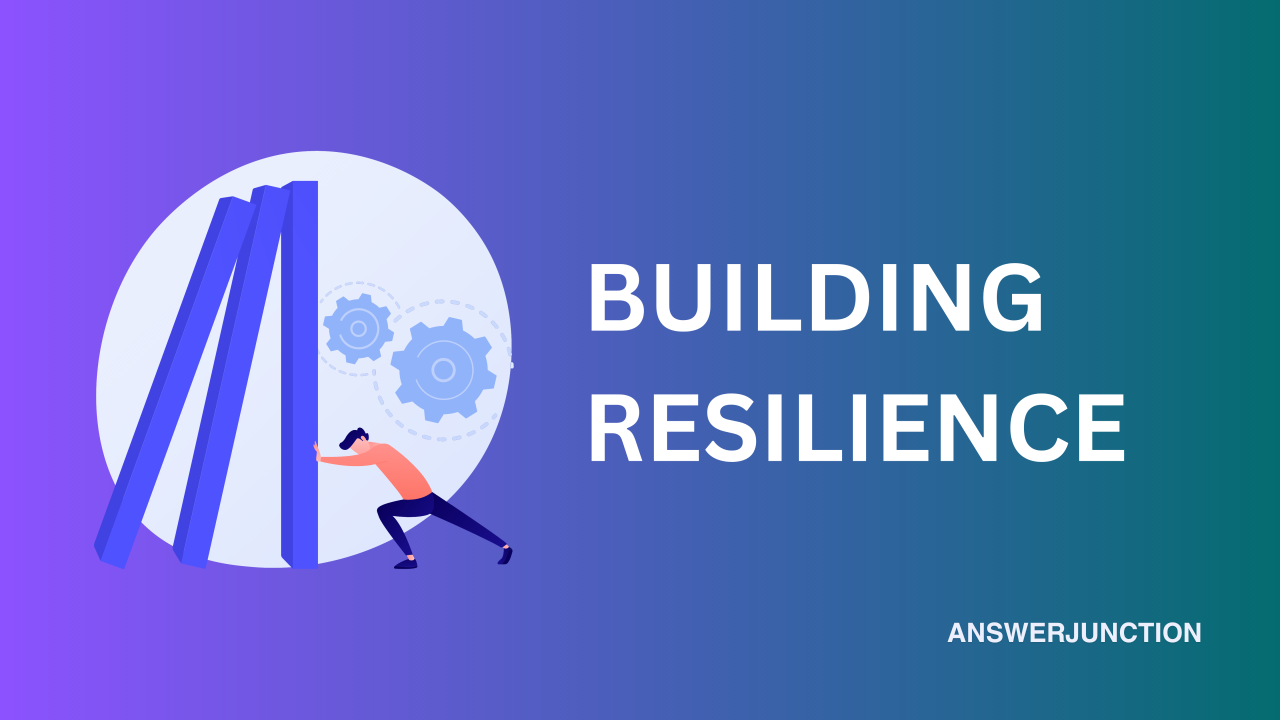In today’s fast-paced world, life can often feel overwhelming. From personal challenges to global events, everyone faces adversities that can take a toll on their mental and emotional health. However, some individuals seem to cope better than others. The secret lies in resilience—the ability to bounce back from hardships, adapt to change, and continue moving forward despite difficulties.
Building resilience is essential for maintaining mental and emotional well-being. It is not a trait that people are born with; instead, it’s a skill that can be developed through intentional practice and self-awareness. This article explores what resilience is, why it’s crucial, and strategies that can help anyone strengthen their mental and emotional resilience.
Understanding Resilience
Resilience is the psychological ability to adapt to stress, adversity, trauma, or tragedy. It allows individuals to maintain a positive outlook and recover quickly from setbacks, rather than getting overwhelmed or stuck in negative emotions. Resilience doesn’t mean avoiding stress or pain; rather, it involves acknowledging difficulties and finding ways to overcome them while preserving emotional health.
Key Components of Resilience
- Emotional Awareness – Understanding and managing one’s emotions is the foundation of resilience. This involves recognizing feelings such as fear, anger, or sadness and addressing them without allowing them to take over.
- Optimism – Resilient individuals tend to have a positive outlook on life. They believe in their ability to overcome challenges and view adversity as an opportunity for growth.
- Self-Efficacy – Having confidence in one’s abilities to handle stress and cope with challenges is essential for resilience.
- Adaptability – Life is full of unexpected changes, and resilient people are flexible in their approach to problems.
- Support Systems – Strong connections with family, friends, and communities are key to developing resilience, as they provide emotional and practical support during difficult times.
Why Resilience is Crucial for Mental and Emotional Well-Being
Mental and emotional well-being is often challenged by stress, trauma, and adversity. Without resilience, these difficulties can lead to anxiety, depression, and burnout. However, individuals who develop resilience are more likely to cope with challenges effectively, maintain healthy relationships, and continue to thrive despite hardships.
Hydration Hacks: How to Drink More Water and Improve Your Health
Benefits of Building Resilience
- Reduced Anxiety and Depression: Resilient people are less likely to experience severe anxiety and depression because they have better coping mechanisms to handle stress and adversity.
- Improved Problem-Solving: Resilience enables people to approach problems with a clear mind, allowing them to find practical solutions instead of becoming overwhelmed.
- Better Relationships: Resilient individuals are more likely to build and maintain positive relationships, as they can communicate effectively and manage conflicts in healthy ways.
- Enhanced Self-Esteem: Overcoming challenges builds self-confidence, which is crucial for overall mental health and well-being.
- Stronger Emotional Control: Resilience allows individuals to manage their emotions, helping them to avoid impulsive or destructive reactions during stressful situations.
Strategies for Building Resilience
While resilience may come more naturally to some, it’s a skill that anyone can develop with the right mindset and habits. Below are strategies to build mental and emotional resilience:

1. Cultivate Self-Awareness
Self-awareness is the first step in building resilience. It involves understanding your emotions, reactions, strengths, and weaknesses. By paying attention to how you feel and react to stress, you can begin to identify patterns and triggers. Journaling or mindfulness practices, such as meditation, can help increase self-awareness. The more aware you are of your emotional state, the better equipped you’ll be to manage it effectively.
Actionable Tip: Take five minutes each day to reflect on your emotional state. Ask yourself how you’re feeling and what might have triggered those emotions. This simple exercise can increase your awareness and help you better manage your responses to challenges.
2. Practice Mindfulness and Meditation
Mindfulness is a practice of staying present and fully engaged in the current moment. This can be particularly helpful when dealing with stress, as it encourages acceptance rather than resistance to difficult emotions. Mindfulness-based stress reduction techniques, such as deep breathing, meditation, and progressive muscle relaxation, can calm the mind, improve focus, and enhance emotional control.
Actionable Tip: Set aside 10 minutes each day for mindfulness meditation. Focus on your breathing, and whenever your mind wanders, gently bring your attention back to the present moment. Over time, this practice will help you become more mindful in your daily life.
3. Develop Problem-Solving Skills
Resilience involves being able to face challenges head-on and develop solutions. Rather than getting overwhelmed by problems, resilient people break them down into manageable steps and focus on finding solutions. Improving your problem-solving skills can help you feel more in control of difficult situations and reduce feelings of helplessness.
Stay Active: Creative Ways to Incorporate Exercise into Your Daily Life
Actionable Tip: When faced with a problem, write it down and list all possible solutions, no matter how small or far-fetched they seem. Then, break the issue into smaller tasks and tackle them one by one. This approach makes the problem feel more manageable and less daunting.
4. Build a Strong Support System
Having a reliable support network is crucial for building resilience. Close relationships with family, friends, and colleagues provide emotional support and practical advice when you’re going through tough times. It’s essential to nurture these connections and not be afraid to ask for help when needed.
Actionable Tip: Strengthen your relationships by regularly reaching out to friends and family, even when you’re not in crisis. Small acts, such as a phone call or a coffee date, can help maintain those bonds, so they’ll be there when you need them.
5. Foster Optimism
Optimism plays a critical role in resilience. While it’s unrealistic to be positive all the time, focusing on the possibility of a positive outcome can significantly affect your ability to cope with stress. Optimistic people believe that challenges are temporary and solvable, which motivates them to keep pushing forward during tough times.
Actionable Tip: Practice gratitude to foster optimism. Each day, write down three things you’re grateful for. Over time, this will help shift your mindset toward focusing on the positives, even in difficult situations.
6. Focus on What You Can Control
One of the biggest sources of stress is trying to control things that are beyond your influence. Resilient people focus their energy on what they can control, rather than worrying about things that are outside their sphere of influence. This helps reduce anxiety and feelings of helplessness.
Actionable Tip: When you’re stressed, ask yourself, “What can I control in this situation?” Focus on actionable steps, and let go of what you cannot change.
7. Learn from Failure
Failure is an inevitable part of life, but resilient people see it as an opportunity for growth rather than a permanent setback. By learning from mistakes and treating failures as lessons, you can develop greater confidence and adaptability for future challenges.
Actionable Tip: After a setback, take time to reflect on what went wrong, what you can learn, and how you can apply this knowledge in the future. This approach can help you turn failures into stepping stones for personal growth.
8. Practice Self-Care
Physical health and emotional well-being are interconnected. When you take care of your body, you’re better equipped to manage stress and maintain a resilient mindset. Regular exercise, a balanced diet, sufficient sleep, and time for relaxation are all essential components of self-care that contribute to resilience.
Actionable Tip: Make self-care a priority by scheduling regular time for activities that nurture your body and mind. This could include a daily walk, healthy meals, or ensuring you get enough sleep.

9. Set Realistic Goals
Setting achievable goals gives you a sense of purpose and direction. When faced with challenges, having a goal to work toward can provide motivation and help you stay focused. However, it’s essential to set realistic goals that are within your capacity, as setting unattainable goals can lead to frustration and burnout.
Actionable Tip: Break down your long-term goals into smaller, manageable steps. Celebrate each small success, which will motivate you to continue working toward your larger objective.
10. Embrace Change
Life is unpredictable, and change is inevitable. Resilient individuals learn to embrace change rather than resist it. By developing flexibility and adaptability, you’ll be better equipped to handle life’s ups and downs.
Actionable Tip: Practice seeing change as an opportunity for growth. When faced with a significant change, ask yourself, “What can I learn from this?” or “How can I adapt to make the most of this situation?”
Building resilience is a lifelong journey, but the rewards are well worth the effort. By developing emotional awareness, cultivating optimism, building strong relationships, and practicing self-care, you can strengthen your ability to cope with life’s challenges. With resilience, you’ll not only bounce back from adversity but also grow stronger and more adaptable in the face of future difficulties.
The Power of Sleep: Tips for Enhancing Sleep Quality and Duration
In a world full of uncertainties, resilience is the key to maintaining mental and emotional well-being. By incorporating these strategies into your daily life, you’ll become more equipped to navigate life’s challenges with grace, courage, and determination.




